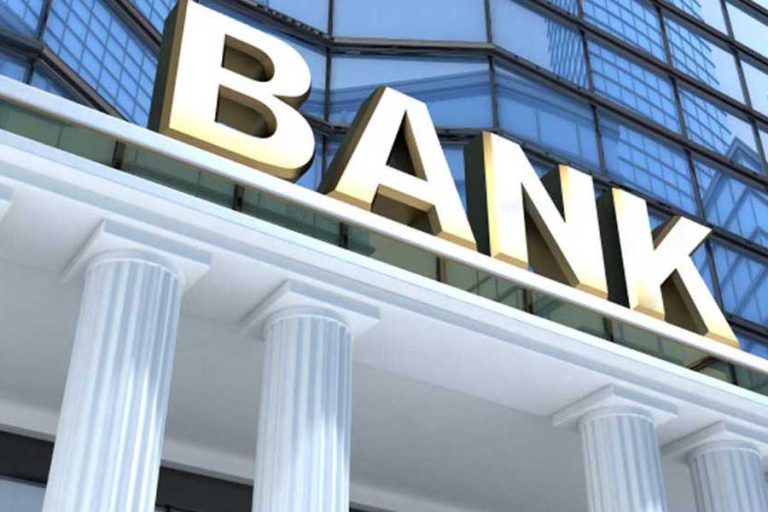Uber To Discontinue Its Alcohol Delivery Plans, Have Bigger Better Vision

Uber Technologies Inc. (NYSE:UBER) has announced to discontinue its standalone alcohol delivery service, Drizly. The decision, announced recently was taken as part of a broader strategy, with a vision of streamlining its delivery offerings. As per the announcement, Uber will slowly decrease the operations, and delivery of Drizly and eventually will wind it up in March end 2024. Furthermore, the company also have plans to integrate alcohol delivery services into its more widely-used food delivery platform, which is Uber Eats.
This strategic shift comes in response to a noticeable decline in demand for alcohol delivery services, which experienced a surge in popularity during the lockdown periods of the COVID-19 pandemic. With lockdown restrictions easing and consumer preferences evolving, Uber has opted to refocus its efforts on bolstering its food delivery operations, which have remained a core component of its business model.
Drizly, which was acquired by Uber for $1.1 billion, had experienced significant growth during the pandemic, capitalizing on increased online alcohol sales driven by stay-at-home orders and social distancing measures. Despite the initial success and substantial investment, Uber has opted to phase out the standalone service in favor of a more consolidated delivery approach.
The decision to integrate alcohol delivery into Uber Eats aligns with the company’s broader strategy to streamline its operations and offer a more cohesive range of delivery services to customers. By leveraging the existing infrastructure and user base of Uber Eats, Uber aims to provide a seamless and convenient experience for consumers seeking both food and alcohol delivery options.
While the discontinuation of Drizly may come as a disappointment to some consumers who have grown accustomed to the standalone service, Uber is confident that the integration into Uber Eats will ultimately enhance the overall delivery experience for users. By consolidating its delivery offerings under one platform, Uber can optimize operational efficiency and capitalize on cross-selling opportunities between food and alcohol delivery services.
The decision to sunset Drizly underscores Uber’s commitment to adapting its business model in response to changing market dynamics and consumer preferences. As the company continues to navigate the evolving landscape of the delivery industry, it remains focused on delivering innovative solutions that meet the evolving needs of its customers.
With the gradual wind-down of Drizly and the integration of alcohol delivery into Uber Eats, Uber is poised to strengthen its position in the competitive delivery market and deliver enhanced value to both consumers and stakeholders alike.







